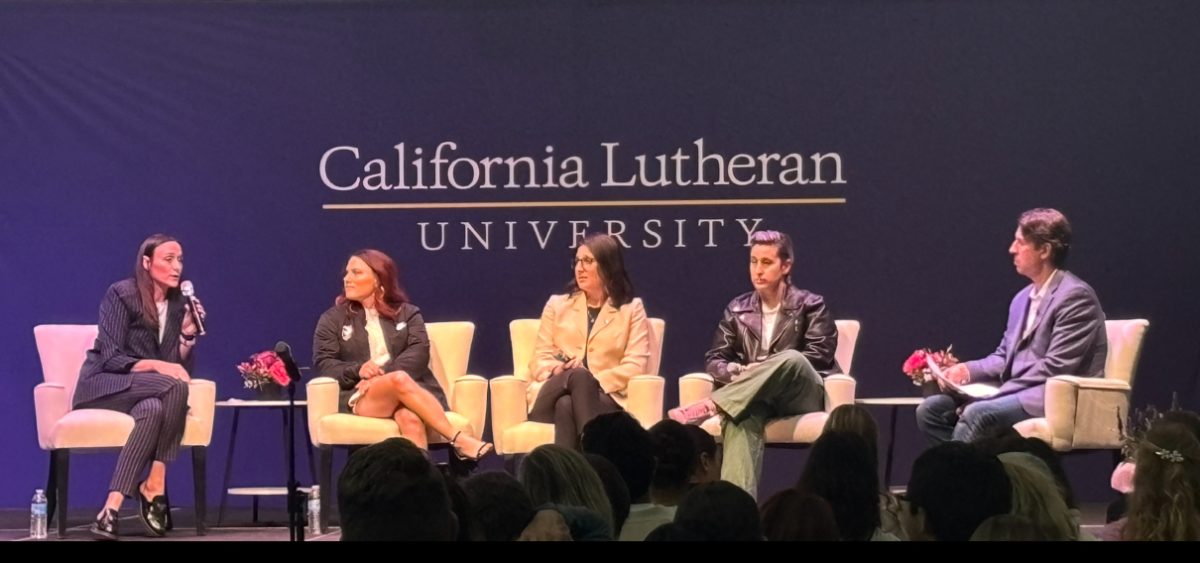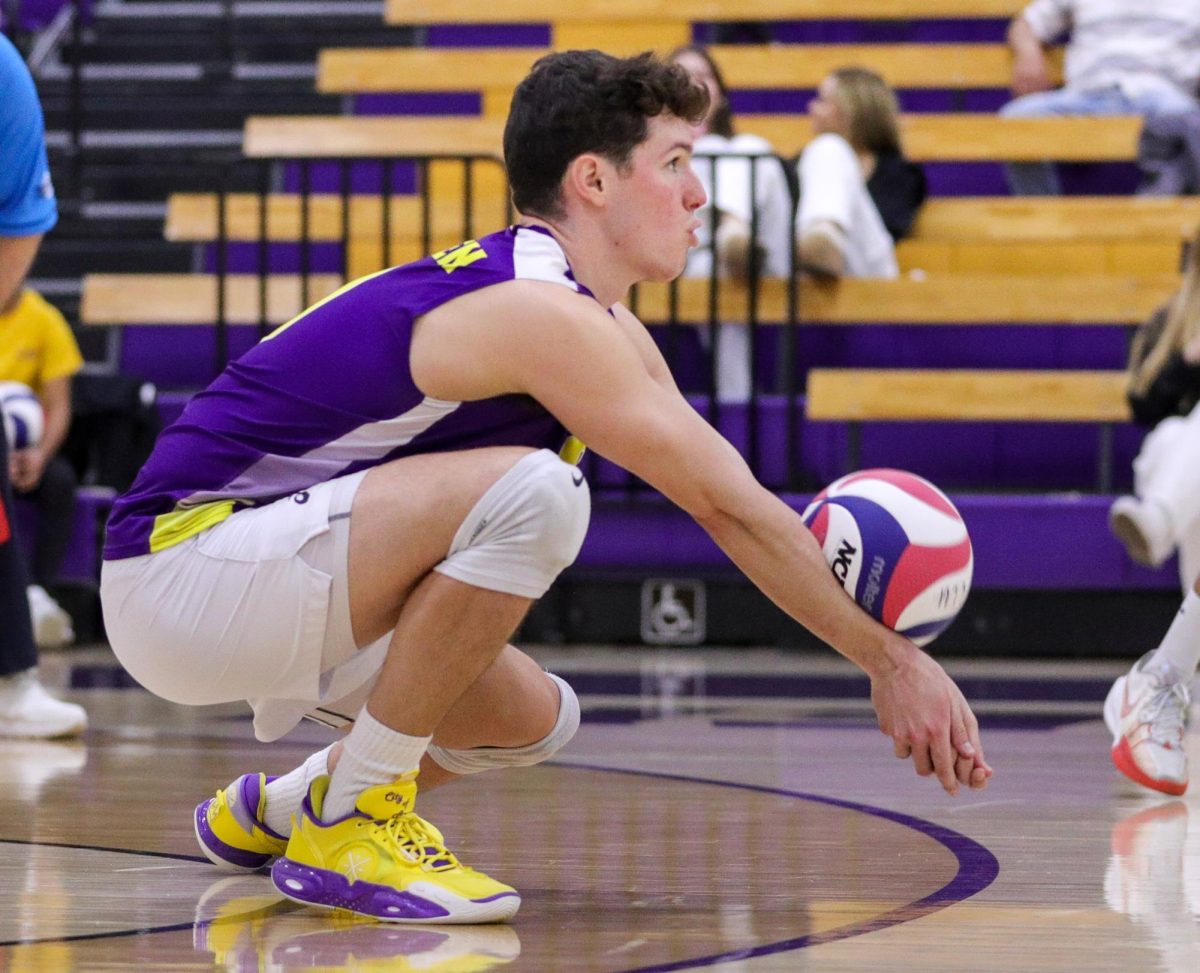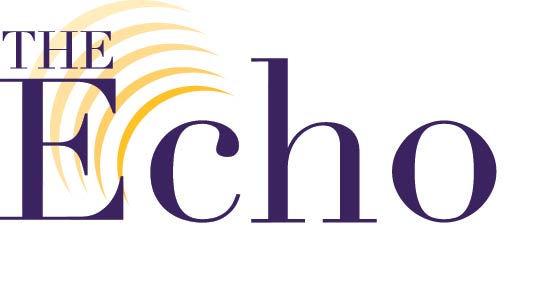A coffee shortage at the Centrum, loose scantrons flying around the spine, half-conscious students napping wherever and whenever they can and a library that’s full at 8 o’clock in the morning only means one thing at California Lutheran University: finals week.
This end of the semester ritual and much of what we see on our campus is not unique. Students anywhere in the world can relate to the feeling of daunting stress as finals edge closer and closer. In our society, testing is considered a definitive measure of what knowledge students have gleaned over the course of the semester. However, no one ever stops to question: should it be?
From the time we are small, we take tests. Aside from the everyday subject test we take in class, students take standardized tests in elementary, middle and high school. Then, we take more tests to get into college. After that, we take finals to graduate college. It’s such a routine part of our lifestyle that we’ve stopped questioning the decisiveness of the test. In other words, test results are law in our school systems.
The problem with this is that students get the wrong idea of what learning is supposed to be. Instead of learning and retaining applicable material, tests place the emphasis on rote memorization of facts. This leaves students stressed out and cramming the week before finals, only to forget all the information the second they turn in the test.
In an article published by a worldwide organization called the Association for Supervision and Curriculum Development, and written by W. James Popham called “Why Standardized Tests Don’t Measure Educational Quality,” Popham said, “The problem involves three factors that contribute to students’ score on achievement tests: (1) what’s taught in school, (2) a student’s native intellectual ability and (3) a student’s out-of-school learning.”
In other words, tests are flawed because they don’t take into account every factor of a student’s education. Many professors at CLU have started to offer alternative methods of testing in order for students to get the most out of their class.
Sharon Docter, who has a doctorate in communication theory and research, teaches the Legal Issues and New Media class on campus. This class offers an open book and open note midterm and final. Docter says it’s because this non-traditional approach tests students’ knowledge more than just memorization.
“Even though we have open book and open note tests, in a way it’s much more challenging for students because they have to apply what they’ve learned,” Docter said.
However, she also thinks that traditional testing has an inherent value, apparent in the way they have been used for so long. The reason, she said, is that some information just has to be memorized.
“I think that there is a value in having a disciplinary knowledge and really knowing your disciple and being able to demonstrate that you have that knowledge, and so I think there is a value in the traditional approach,” Docter said.
Students agree that traditional testing isn’t always the best way.
“I think that, for certain classes, being tested by memory isn’t the most applicable to the material because in some cases, that material won’t ever need to be memorized,” said Katy Crabtree, a junior political science major. “Some information you will always have access to and won’t just need to memorize it, you need to know how to actually apply it.”
Junior Alexandra Andrews agrees with Crabtree, but as a biology major, she knows the value in memorization and recognizes that certain knowledge requires traditional testing.
“A lot of my major is memorization, but while memorizing might be best for a test on certain material, I feel like in the long run it would be better to do application in terms of increasing retention,” Andrews said.
Traditional testing, though sometimes necessary for certain material, cannot be solely relied on as a measure of a student’s knowledge. The learning experiences we have in the classroom can go so far beyond that into life experiences. How can someone accurately measure those?
Professors should reevaluate their teaching approach to make sure students can get the most out of their education. Providing opportunities to actually apply class material in an interactive and hands-on way can be much more beneficial than simply making students memorize facts and figures.
Though there is a value in traditional testing, there are many exceptions that students could benefit from. After all, the most important part of college is teaching material that is going to be retained and used by students to be used in our future careers.
Megan Callery
Staff Writer
Published May 7, 2014







